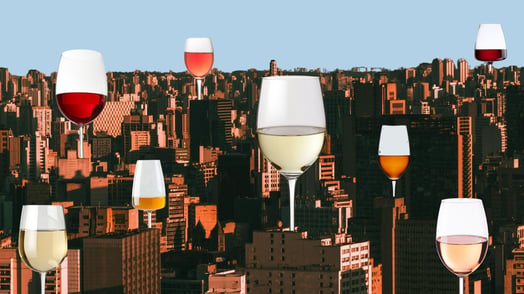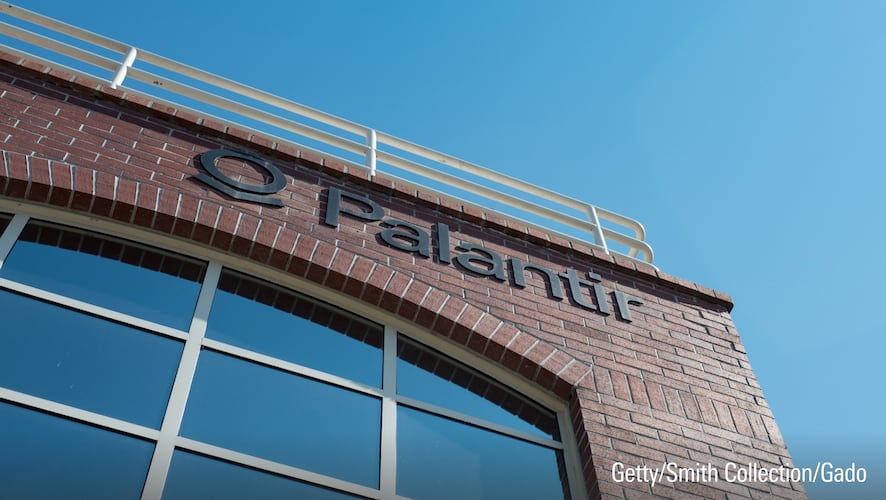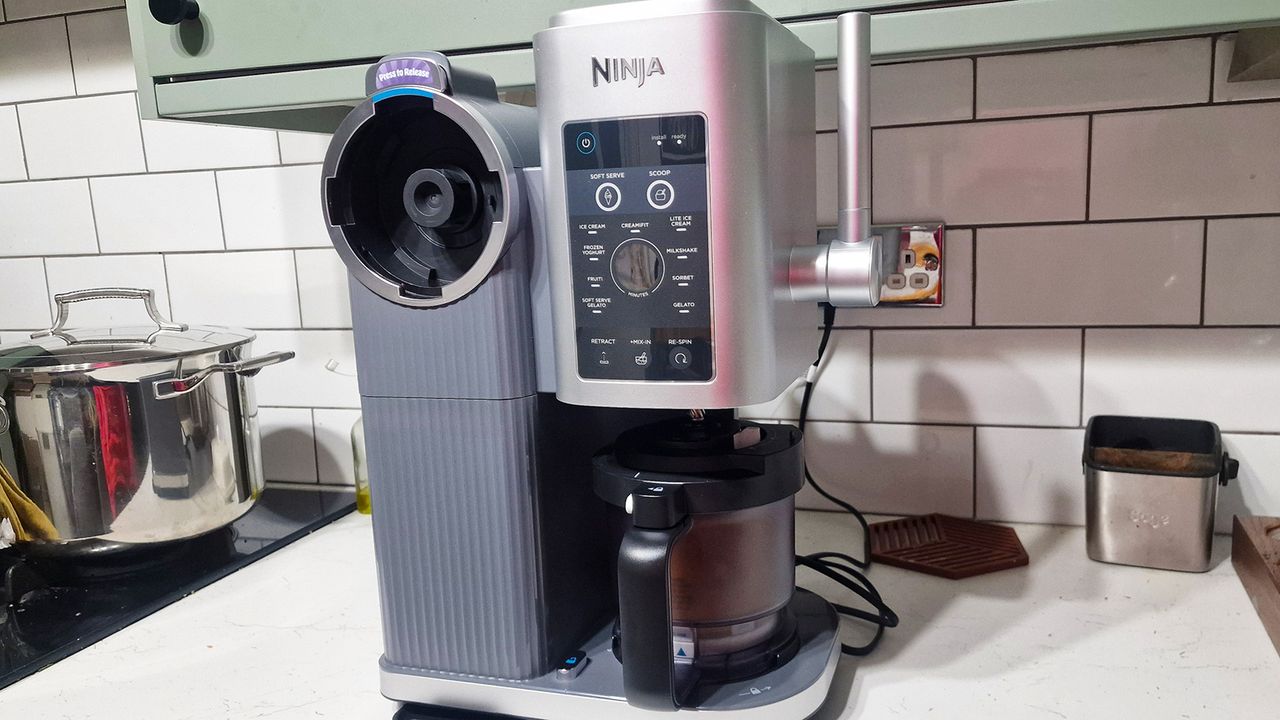
Wine bars are emerging as appealing social venues during challenging economic times. With the hospitality industry facing significant hurdles, many wine bars are thriving by offering a casual, affordable atmosphere that resonates with today’s consumers. The trend showcases a shift towards simpler, more relaxed dining experiences that attract patrons seeking both comfort and connection.
Affordable and Accessible Wine Bars on the Rise
Traditionally, wine has not been associated with casual or inexpensive experiences. Yet, establishments like Sauced in New York City and Flawd in the United Kingdom are redefining that notion. Sauced features a lively, graffiti-covered ambiance and serves a selection of natural wines without a set menu. Meanwhile, Flawd offers an inviting neighborhood atmosphere, pairing elevated small plates with approximately 100 sustainable wines.
According to a report by Bloomberg, these wine bars are “rising to meet our economic moment.” As many restaurants grapple with declining sales and closures, wine bars present a more sustainable business model. They typically require less investment and operational costs due to several factors.
Wine bars tend to be smaller establishments, which translates to lower staffing needs. Their focus on simplified menus and smaller portion sizes reduces food overhead and waste. Additionally, serving wine involves less labor-intensive processes compared to full-service cocktails, ultimately leading to fewer dishes and less cleanup.
Richard Cossins, co-owner of Flawd, noted that opening his wine bar cost about $100,000, a stark contrast to the five times that amount often required for a traditional restaurant.
Social Dynamics Shifting Toward Informal Settings
Beyond their financial advantages, wine bars also cater to the evolving social needs of consumers. With many people craving in-person connections after extended periods of isolation, wine bars provide a relaxed space for socializing without the pressure to consume excessively. This atmosphere aligns well with younger generations who are increasingly moderating their alcohol consumption.
Consumers are leaning towards comfort and convenience, often preferring informal settings over the rigidity of traditional restaurants. In contrast to a typical high-end dining experience, which may involve a lengthy multi-course meal and a hefty bill, wine bars offer flexibility. They are generally walk-in friendly, allowing patrons to enjoy a quick bite or linger for hours with friends, making each visit customizable and spontaneous.
As wine bars continue to proliferate in urban centers like New York City and London, their appeal lies in their ability to adapt to both economic constraints and social preferences. The rise of these establishments indicates a significant shift in dining culture, prioritizing accessibility, affordability, and an enjoyable atmosphere for social interaction.






